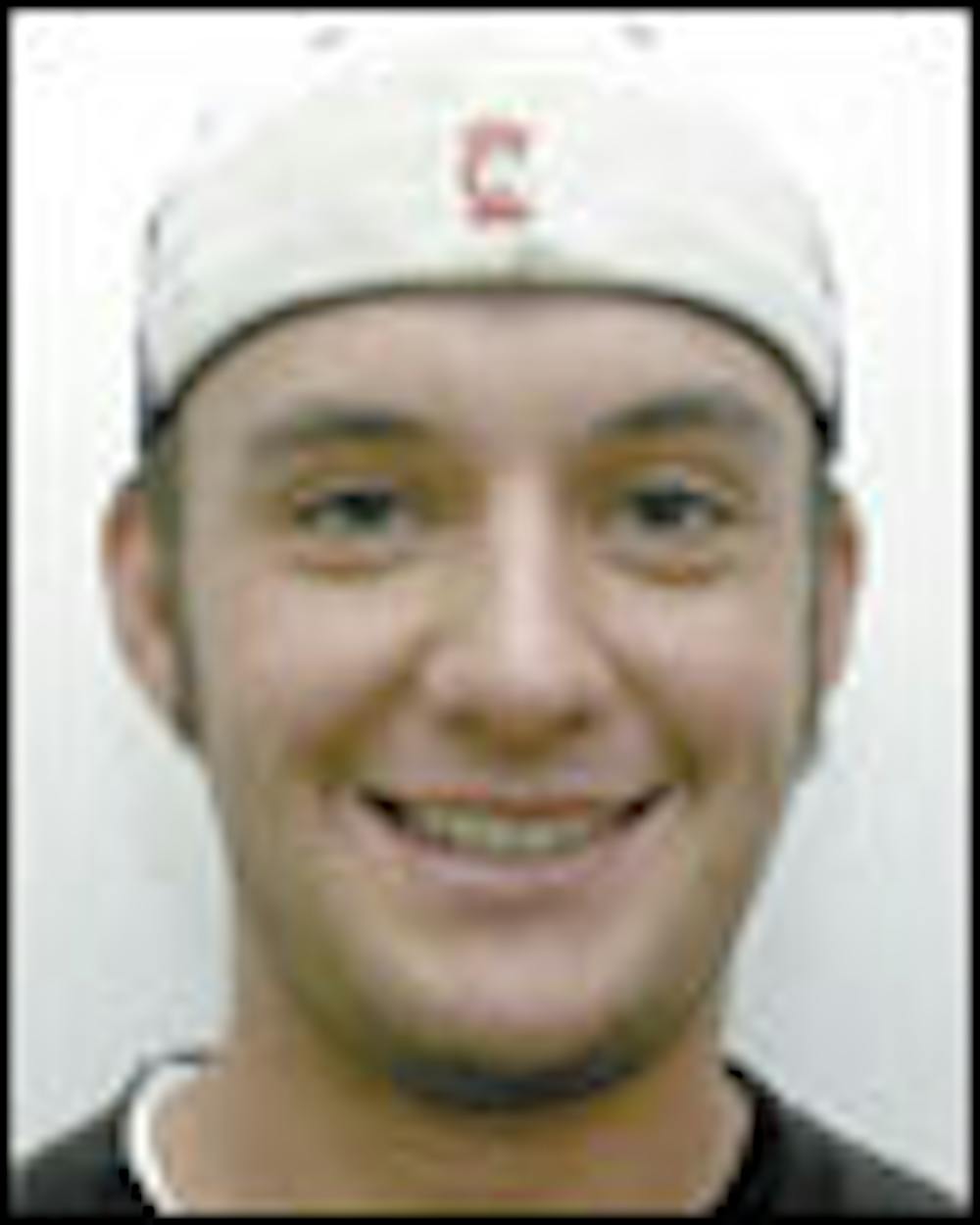Not since the day that Amy McBride changed her last name to Mickelson has former ASU star Phil Mickelson had such an incredible year.
Lefty finally brushed that dirt off his shoulder, and won his first major on the PGA tour in dramatic fashion at the Masters. He is also in the running for 2004 player of the year honors alongside the feisty Fijian Vijay Singh.
With the success that Mickelson has experienced this year, it is hard to imagine that he would change his brand of shampoo, let alone his brand of golf equipment.
Last week Mickelson and the Acushnet Company, maker of Titleist golf clubs, announced that they would be parting ways after four years together. The separation came after Mickelson asked to renegotiate his contract, only to have Titleist refuse and release Mickelson of his contractual obligation 16 months earlier than expected.
In the athletic world, renegotiate equals "I'm good, I want more money." At first it was hard to fathom that the charismatic Mickelson had acquired the money-hungry appetite that many athletes get after experiencing great success. After all, Mickelson is a fan favorite, so why would he want to do anything that could jeopardize his popularity?
Turns out the breakup wasn't due to the fact that Mickelson thought he was bigger than Titleist, it was the exact opposite. The corporation felt it was bigger than the athlete.
Turmoil in the relationship began last year, when Mickelson left a voicemail with a Callaway Golf Co. representative thanking him for helping his brother out with some new equipment. In the message, Mickelson praised Callaway for its new golf ball and driver. The message was then played to all Callaway sales representatives at a national meeting.
Now, maybe I missed something here, but all Mickelson did was say something good about another company. Mickelson still played and endorsed all Titleist products, and the last time I checked it was Phil, not his brother who played on Tour.
It was Phil who tried to extend contract with Titleist. He wanted to stay with the company, but in the end Titleist turned him down.
This type of behavior isn't unusual for Titleist; the company has always been one to put its brand in front of any individual, as was the case with Tiger Woods in 1999. All Woods did was go on to win three of the four majors on Tour in one year after leaving Titleist and signing with Nike.
As expected, it didn't take long for another company to pick up Mickelson. Less than a week after parting with Titleist, Phil signed a new five-year deal with Callaway. Upon signing Mickelson, Larry Dorman, Callaway's vice president of global press and public relations, released the following statement.
"He's one of the best and most charismatic players in the world, and he's loved by millions of people," he said. "You'd have to be crazy not to look into signing him."
The bottom line is that Mickelson should not be looked down upon, but rather praised for his ability to stand up to egotistical CEOs. The Acushnet Company is not, and never will be, bigger than any of its athletes.
Would Nike have sold half as many shoes as they did in the '90s without Michael Jordan? No. Or would they be as popular on the golf market without Tiger Woods on their side? No.
Besides the hilarious Miller Lite commercials, famous and well-liked athletes are the most effective form of advertising for any company. Why else would Nike give LeBron James a $100 million contract before he took a single shot in the NBA?
As Mickelson continues on his quest to become the best, he now has an added incentive to perform at a higher level: to prove Titleist wrong. And he will.
Reach the reporter at matt.reinick@asu.edu.




